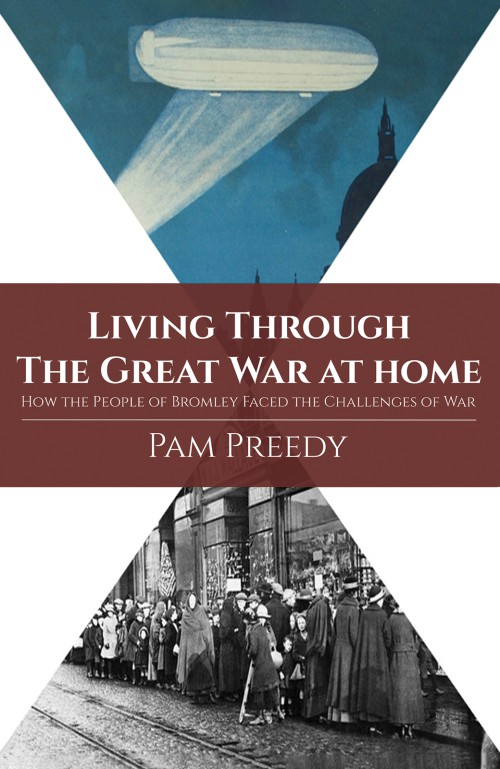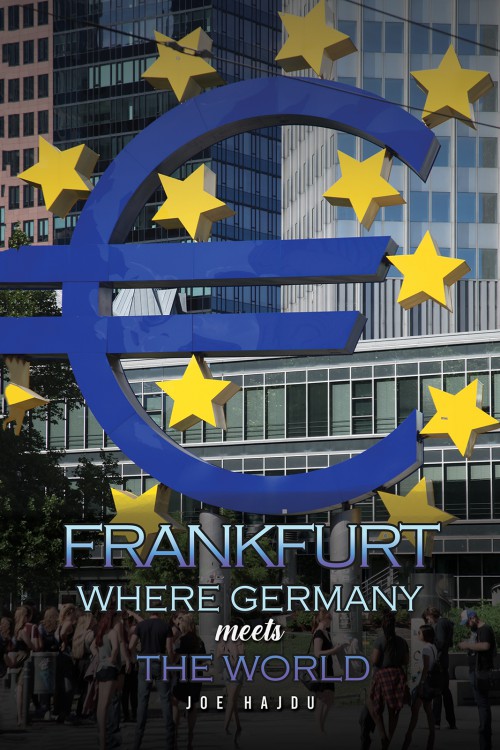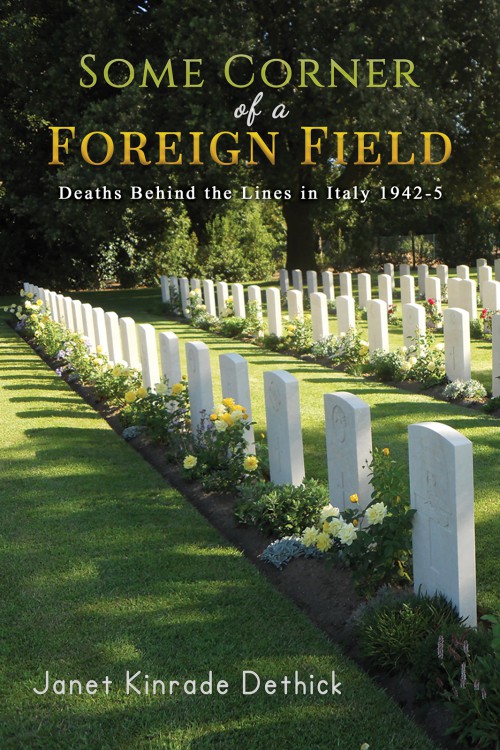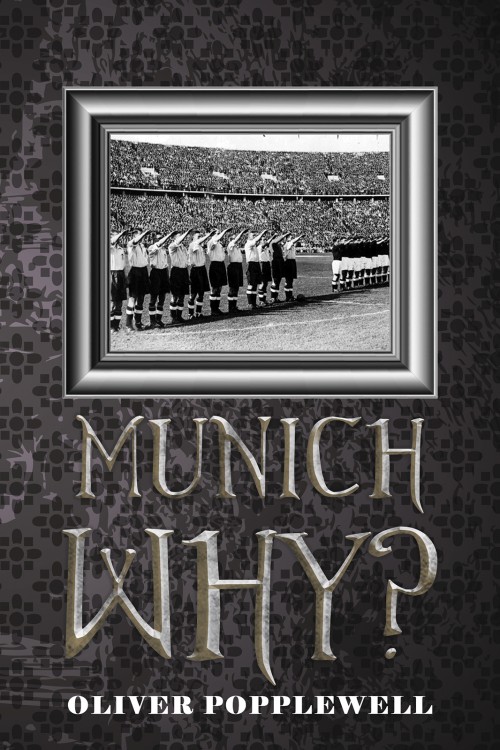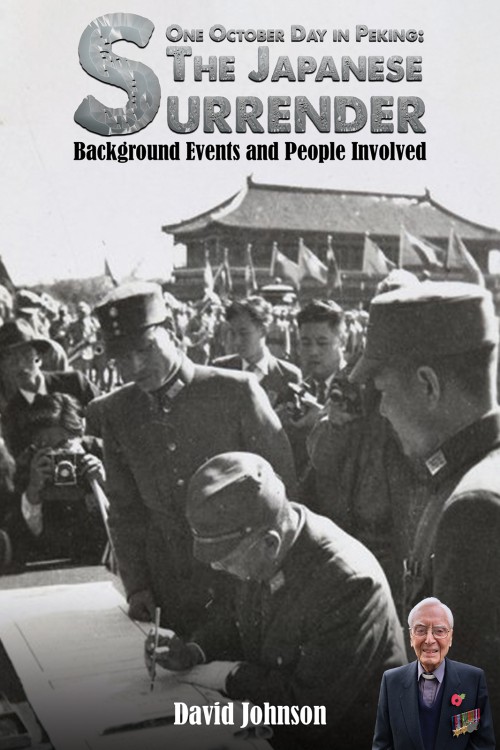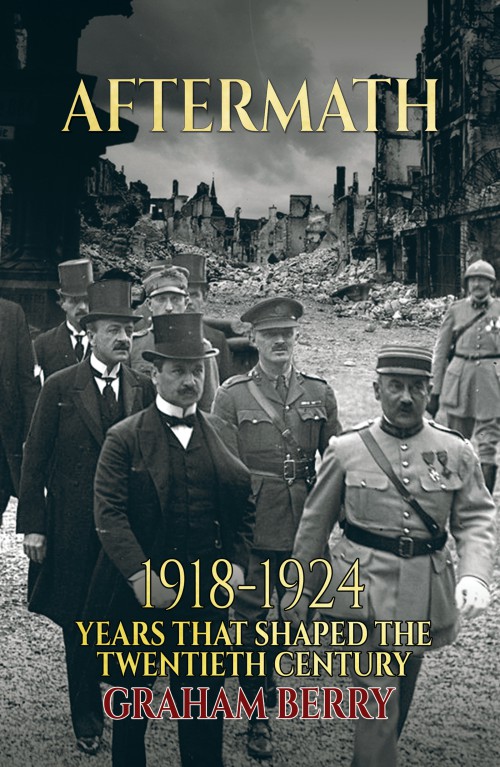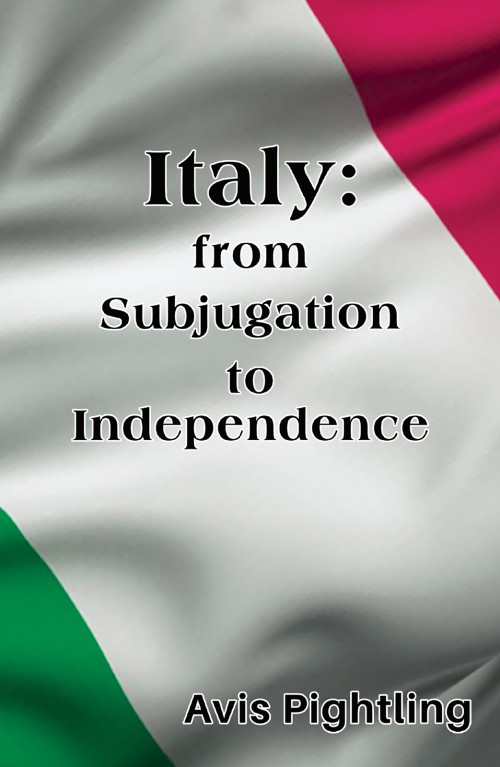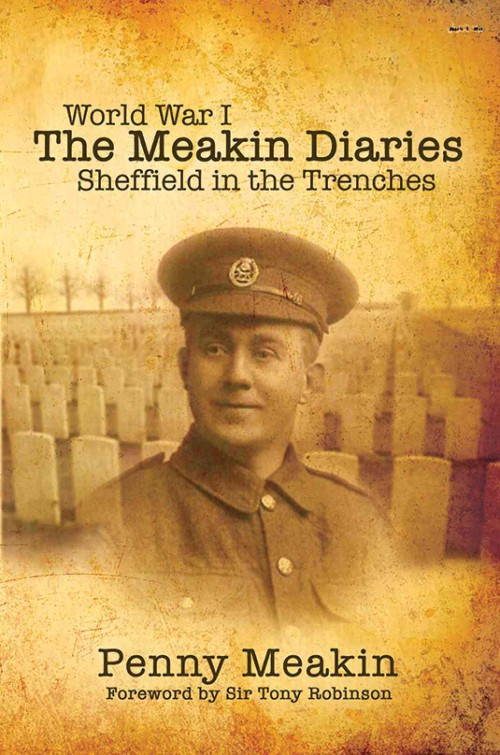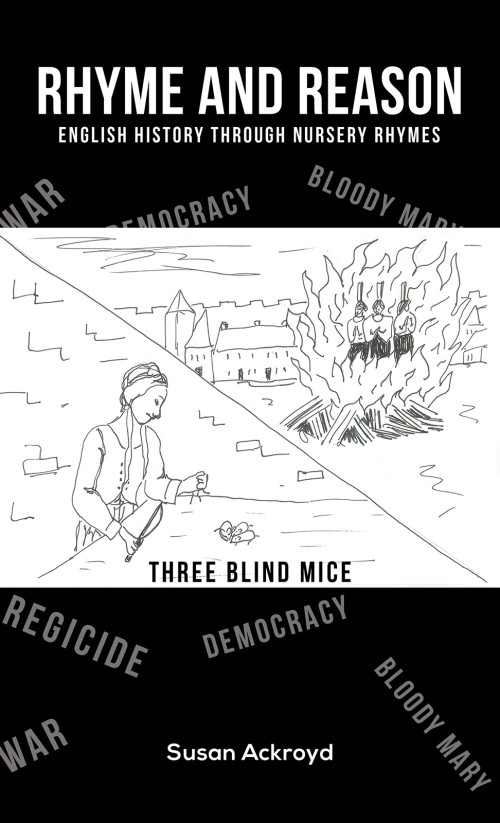-
Living Through The Great War at Home: How the People of Bromley Faced the Challenges of War
Living Through the Great War at Home tells the story of the people of Bromley from the month before the outbreak of war to the Armistice in 1918 and the celebration of peace in July 1919. Although it shows how men were mobilised, volunteered, conscripted and left to ‘follow the colours’, it is a book about the people of Bromley and how their lives were challenged and changed during the war, how they supported their own boys in the army, how they dealt with the problems of war, the restrictions of DORA (Defence of the Realm Act) and the threat and reality of the Zeppelin raids. We learn of the generosity of the people in supporting their ‘boys’, caring for the Belgian refugees and the wounded—the VAD hospitals and how women rose to the challenge, both in terms of filling the gaps in the workforce left by the men and struggling to put food on the table as rising prices and shortages finally led to rationing. The work is based on real information from the local newspaper, together with research to put them into context and understand the stories better.
£13.99 -
Frankfurt: Where Germany Meets the World
Frankfurt is at the crossroads of Europe. It is where for a thousand years the major trade routes between Amsterdam-Milan and Paris-Moscow have intersected. Today it is where thousands of people arrive, depart and change flights every day. Trade, transport and finance have been the lifeblood of Frankfurt. But it has also been the home of an amazing series of people who have made their mark in Frankfurt, in Germany and if not the whole world. They include Johann Wolfgang von Goethe the Shakespeare of German culture, Sibylla Merian the pioneer of botanical art, Alois Alzheimer who gave his name to the degenerative illness, Käthe Paulus who invented the modern parachute and the philosopher Arthur Schopenhauer. The most famous citizen of Frankfurt has been the banker Mayer Amschel Rothschild, whose rags to riches story is one of the most astounding in all human history. Hajdu interweaves the life and work of these people with the history and present features of Frankfurt. The result is a rich tapestry of a fascinating and very colourful city.
£19.99 -
Some Corner of a Foreign Field
“Even after capture, the full horrors of war still persisted. Bombed and strafed by our own planes, and shelled by our own artillery, the words ‘For you the war is over, Tommy,’ had a hollow ring…November 1942, after five months in Suani Ben Adem, we sailed from Tripoli, en route to Naples. We were held in the hold of a coal boat, battened down, with only a few buckets for sanitation purposes. Packed in like sardines, we would have had no chance of survival, had the ship come under attack from the Royal Navy, not an uncommon occurrence.”
These are the words of Private Bill Blewitt, 1st Battalion, The Sherwood Foresters, captured near Gazala in the Western Desert. He survived his capture, but over a thousand did not.
Laid to rest alongside the battle casualties in the Commonwealth War Graves Cemeteries in Italy are these prisoners of war. They died from neglected wounds or diseases, were accidentally or deliberately shot both inside and outside their camps or were victims of friendly fire incidents. Some lost their lives when trying to cross the mountains to freedom, and some were betrayed by spies. Some had taken up arms again, had fought with the partisans and had died alongside them. Others had been captured whilst on dangerous missions and summarily executed. Many, but not all, have a name.
£9.99 -
Munich Why?
This is a fascinating, cold-case review of the 1938 Munich agreement. There were five major players: Britain, France, Germany, Russia and Czechoslovakia. For the Czechs it was a disaster. In 1939, the Germans marched into Prague. The Czechs were to lose their independence for some 50 years. In Britain, Chamberlain was the self-appointed spokesman for the Czechs. He was simply found wanting because he never appeared to have the slightest understanding of Hitler’s dishonesty. The French were led by corrupt and incompetent politicians who had treaty obligations to the Czechs which they were determined, at all costs, to avoid being required to honour. The Germans were the villains of the act. Hitler was determined to smash the Czechs and “to remove the tribes of Bohemia and Moravia into reservations in Siberia and Wolhynia (a marshy part of Poland).”
“Ethnic cleansing” had not then entered the English language. Russian foreign policy was famously described by Churchill as “a riddle, wrapped up in a mystery, inside an enigma.”
£9.99 -
One October Day in Peking: The Japanese Surrender
In WW2 the United States and its Allies supported China against Japan. Now, 76 years later, the United States and its Allies, including Japan, are supporting Taiwan against China’s threat to invade it. Could this be the spark that ignites WW3?
£8.99 -
Aftermath
The years immediately after the Great War were a time of great political, social and economic change. The book seeks to examine how the actions and events of this turbulent period were shaped by the Great War and how they, in turn, helped to shape both the period between the wars and beyond. We are still experiencing some of these effects today. Starting with an in-depth analysis of how the Great War ended and the effects of the Treaty of Versailles, the book offers an overlapping insight into many aspects of the period, such as the Spanish Flu pandemic (so named because of censorship); women’s enfranchisement in Britain, their battle to retain the economic opportunities brought by the war and the revolution in women’s lives brought by Dr Marie Stopes; the collapse of the Liberals and the rise of Labour; the emergence of modern Ireland, including the role of the IRA; the shaping of the Middle East; the Bolshevik Revolution in Russia and the emergence of Communism in the twentieth century; the development of both American and British society in the aftermath of war. This was a period that can be truly said to have shaped the twentieth century.
£7.99 -
Italy: From Subjugation to Independence
Enter a world of cloak-and-dagger intrigue and military rivalry, secret societies and revolution!The story opens with the rise and fall of the glorious Roman Empire, to be followed by the unceasing wave of invasions, in particular France, Spain and Austria. The rising city communes transform into powerful and wealthy city-states which, against the background of the flowering Renaissance, begin to resist foreign interlopers, whilst the Papacy vies with the Habsburg emperors for control of the Peninsula.The scene shifts to the Age of Enlightenment which not only kick-starts the foundations of the Italian economy, but also motivates the quest for independence. Masterminded by the revolutionary Mazzini, revolts snowball. Cavour’s international wheeler-dealings are followed by Garibaldi’s clinching victory over the Austrians at Volturno in 1860, by which he presents half of Italy to his king, Vittorio Emanuele II. The creation of a united and independent Italy is, at last, achieved.A ‘must’ for invaluable reading for those who seek a deeper understanding of Italy and the Italians.
£9.99 -
World War One - The Meakin Diaries - Sheffield in the Trenches
In 1915, the newlywed Frank Meakin signed up to the new Sheffield City Battalion and joined the fight for King and Country in the First World War. Although diaries were forbidden during active service, Frank rebelliously and comprehensively kept one throughout his whole service - from 1915 until he was discharged in 1918, 22 days before his Battalion disbanded. Through these diaries we can see the horrors of life on the Western Front first hand; from the Battle of the Somme and its aftermath, to the horrendous conditions in the trenches and the disillusionment of these young soldiers. This is a prosaic and fascinating insight into the Great War through the eyes of a survivor, brought to life 100 years on.
£10.99 -
Rhyme and Reason
Why was a baby in a treetop? Who was Georgie Porgie, the little boy blue, Mary Mary? Little Jack Horner’s family continued to enjoy the plum property he took from those intended for Henry VIII, until the 20th century.
The 20 rhymes in this book show how parliament and king battled over taxation, the authority of kings, religion. Humpty played a part in the English Civil War.
Gain an understanding of history from medieval times through to the 1700s through these rhymes and their stories.
Understand how a nursery rhyme we recite today started life as a political comment and was passed down through the years until now we have forgotten the politics.
Parents, grandparents, and teachers will find the origin of these rhymes fascinating.
£6.99

